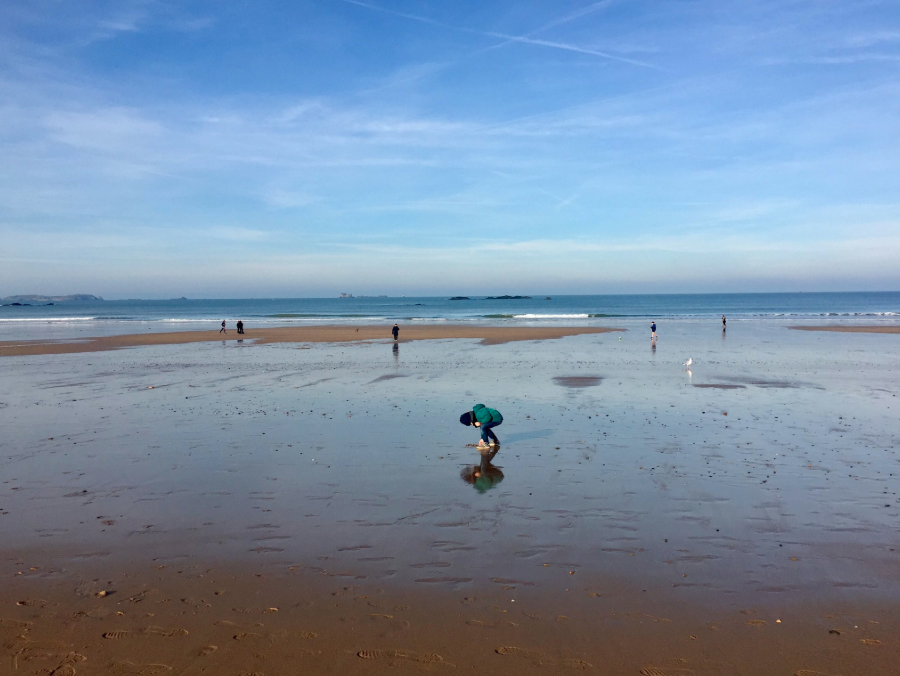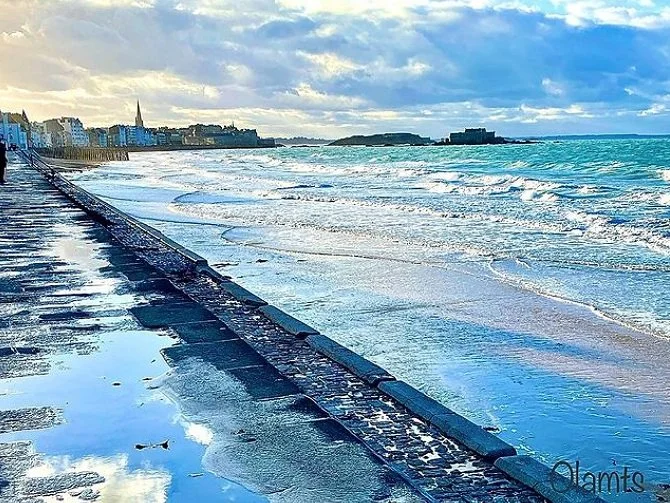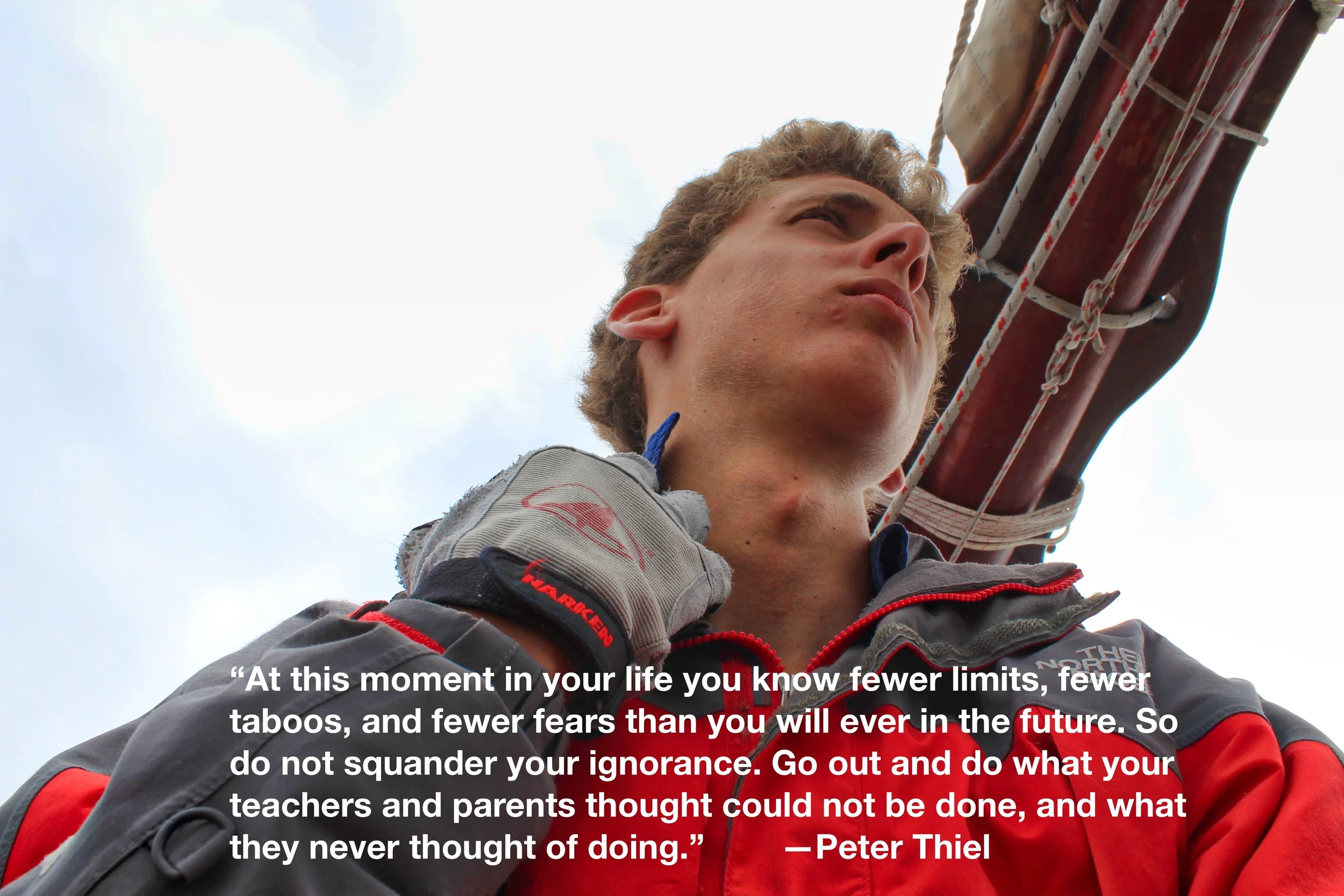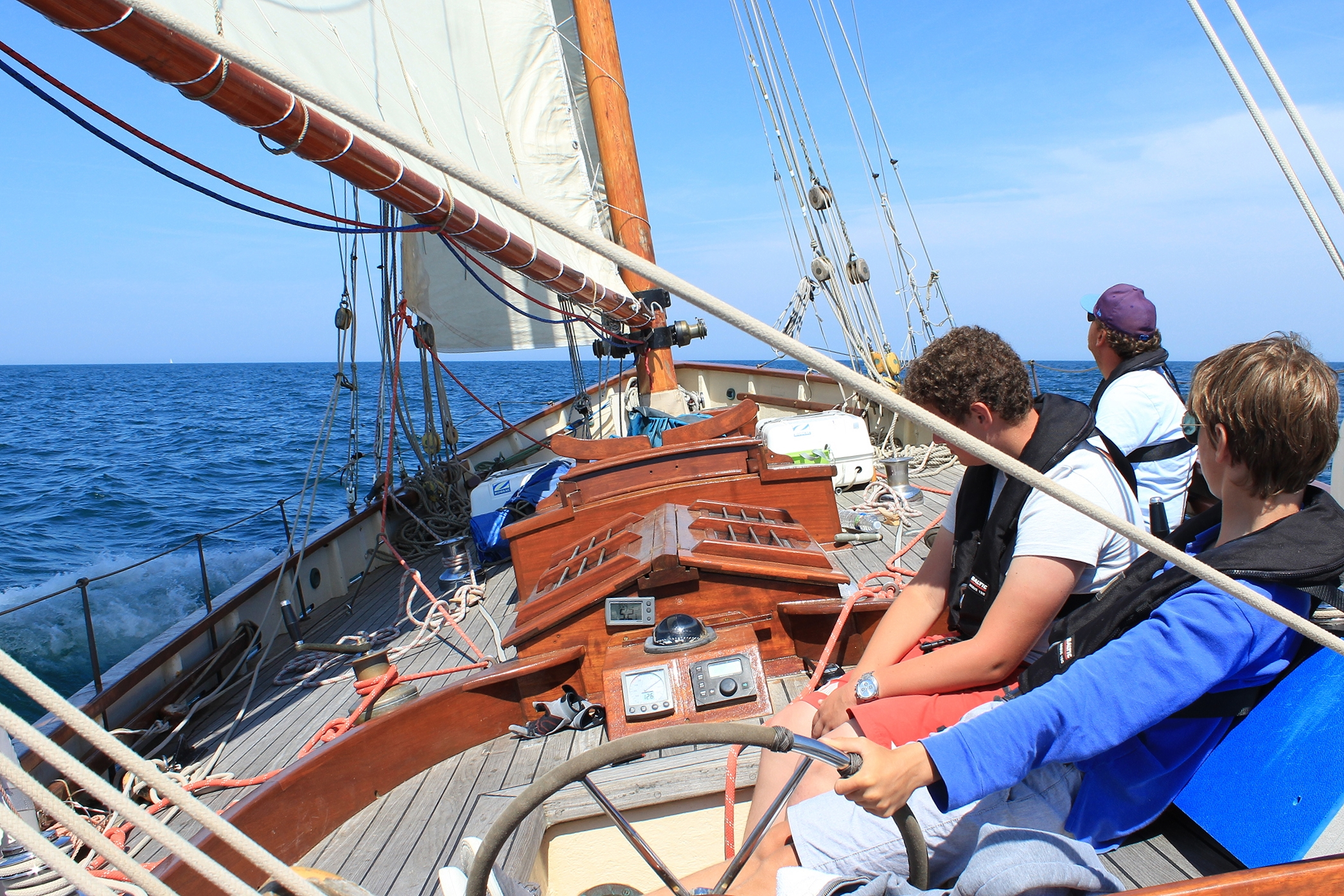Here's a question: What do several Hollywood movie stars and directors, a Formula One racing champion, numerous high-profile CEOs, ambassadors, and even a few members of the world's royal families have in common? Answer: They all have children who once were coached, taught, or mentored by ELS director Will Sutherland.
Agency & "Failure to Launch"
…kids sprawled out on the floor or couch, their facial expressions blank; attempts to engage them are met with only vague recognition that a conversation is taking place. Even their physical bearing seems to have been altered during these times—normally alert and engaged, they now seem tired, listless, enervated. —Senator Ben Sasse on the effects of technology and video games on youngsters.
St-Malo Gets TripAdvisor's Most-Beautiful-Beach-in-France Nod for 2018
St-Malo. First place. Pop the cork! And there are lots of other fabulous small beaches in the neighborhood. St-Malo really is the bee's knees. One more reason why you should consider a visit—and enjoy the water and the view.
https://www.tripadvisor.com/TravelersChoice-Beaches-cTop-g187070
St.-Malo's first-place beach—at least for a year.
The Symmetry between Sailing and Entrepreneurship
Digital Detox at Sea
In a world where cell phones and video games take up an inordinate amount of teenagers' time, it's useful to know there are places they can go where they're off the digital grid. Taking an ELS expedition is like stepping back in time. Much of the English Channel is a wilderness and our boats are constructed using a 19th-century design. They don't come equipped with Wi-Fi. While we want crew members to be able to take and share pictures of their adventures, technology usage is extremely limited. That leaves ample time to absorb new experiences, learn new skills, and make new friends.
Want more evidence of the benefits of digital detox? Click here.
Living an Interesting Life
The Week recently posted an article by Eric Barker, the well-known blogger ("Barking Up The Wrong Tree"). The title: Seven ways to be the most interesting person in the room. Now, "interesting" need not imply narcissism or snobbery. It simply helps people avoid being a bore, which apart from anything else is an essential ingredient in the stew we call good manners. And, of course, it includes the imperative to be interested in others, as well. Eric concludes his piece:
And most importantly: Live an interesting life.
Remember the theme of Don Quixote: If you want to be a knight, act like a knight. If you don't read, watch, and think about generic things, generic things are less likely to come out of your mouth. This doesn't need to be expensive or difficult. Hang out more often with the most interesting people you know. The friends you spend time with dramatically affect your behavior — whether you like it or not. The Longevity Project, which studied over 1000 people from youth to death had this to say: The groups you associate with often determine the type of person you become. In The Start-up of You, Reid Hoffman and Ben Casnocha talk about how the best way to improve particular qualities in yourself is to spend time with people who are already like that. The best and most reliable way to appear interesting is to live an interesting life. [Emphasis ours] And to pursue that ends up being far more rewarding than merely making a good impression on others. [Though being somewhat impressive can give a major boost to your self-image and confidence.]
Hmmm. Sometime in your late teens sounds like a good time to start embarking on great adventures in interesting places with interesting people—adventures that will shape your character for the rest of your life.
Outdoor Adventure Courses—Compressing The Time Between Significant Achievement And Transformative Results
The impact [of completing an outdoor adventure course] doesn't just take the form of a thrill, it takes the form of a revelation: "OMG, I can't believe I just did that. Wow! What else might be possible?" Indeed—all sorts of things. There's an enormous satisfaction that comes not only from overcoming your own self-doubts, but in realizing so many new possibilities. And when goals become more ambitious, motivation and grit inevitably emerge. True self-confidence spawns self-discipline. Organizing towards future objectives becomes second-nature.
Why Traditional Boats?
Youth and Self-Confidence
In mid-January (2017), The Telegraph, a daily newspaper in the UK, ran an article under the headline "Half of young people have so many 'emotional problems' they cannot focus at school, study finds".
The following is an excerpt:
Professor Louise Arseneault, ESRC Mental Health Leadership Fellow at the Institute of Psychiatry, Psychology and Neuroscience, King’s College London, said: "Given the profound uncertainty surrounding recent political events and the fact that young people face the worst job prospects in decades, it's not surprising to read that one in four young people aged 16 to 25 don’t feel in control of their lives.
Professor Arseneault continued: “Although it’s obviously alarming that these concerns play on young minds, it’s encouraging to see that young people have an interest in actively shaping their own future.”
Of those who do not feel they are in control of their lives, 61 per cent said they felt this was because they lack self-confidence [emphasis ours], and that this holds them back.
Sixty-one percent? Wow!
This blog is full of other posts, including links to news articles, that help identify the challenges of growing up in the modern world. Just scroll down. If you're looking for tried-and-true solutions, you have our coordinates.
Parents weigh in on purchases that are "worth the money"
In January 2017, Business Insider published the results of a parents' poll. They asked a group [size undisclosed] of adults with children of various ages "to weigh in on the financial side of having kids" and specifically, to list the parenting splurges they thought were well worth the money.
Sixteen expenses came out on top; among them: "summer camp," "educational resources," and "studying abroad."
You can read the article here.
Peter Thiel On Pushing Your Limits
Heuristic Learning In The Digital Age
Dave Snowden, founder and Chief Scientific Officer of Cognitive Edge, and Joshua Cooper Ramo, co-CEO of Kissinger Associates and former senior editor of Time magazine, sat down in April 2016 at the New York Public Library for a conversation entitled "Edge Tools in a Digital Age: Social Processes in a Radically Contingent World."
At one point in the discussion, Mr. Snowden made an interesting comment about virtual reality (VR). He said, "If you don't engage the body in the (VR) game, you don't have a proper game. You haven't got stress, you haven't got chemical release... [For example] Smell is an important determination of trust... It's the level of stimulus that concerns me. We are increasingly learning that things happen in the body chemically which influence consciousness, which has been vastly overlooked, and if you just rely on visual and auditory stimulus you're damaging human intelligence."
Adventure education is about heuristic learning—engaging all the senses in transformative trial-and-error experiences. When it comes to resilience, strong personal relationships, cultural fluency (and perhaps even cognitive acuity), there really is no satisfactory substitute for authenticity. We still learn best by taking on new challenges in the real world.
The more challenging the task...
—Jesse Itzler, excerpted from a video that appeared on the website Business Insider. Jesse, a highly successful serial entrepreneur, hired an ex-Navy SEAL to live with him in his NYC apartment for a month and teach him a few things about life. This is just one of his 'takeaways.'
Essential Skills for Tomorrow's World
In late February, 2016, GPS (CNN) host Fareed Zakaria interviewed Alec Ross, former senior adviser for innovation to former Secretary of State Hillary Clinton and author of a new book, The Industries of the Future. "It is a book written for recent graduates, predicting what the next 20 years will bring, which industries will boom, which jobs will grow, and perhaps most importantly, which skills will be necessary to compete." Here is an excerpt from that interview.
—ZAKARIA: So young people listening to this, parents listening to this, will wonder what should we do to prepare for this new world?
—ROSS: I have a 13-year-old son, an 11-year-old daughter and an 8-year-old son. And I really wrote this book to try to light a little path for them. Sixty-five percent of all jobs for children entering primary school today will go into job titles that don't presently exist.
And so I have a chapter in the book called "The Most Important Job You'll Ever Have," which is parenting, which focuses on the skills and attributes that today's kids will need in tomorrow's world.
And I point out two things, first: interdisciplinary learning. We've got to be able to take science, technology, engineering and mathematics and combine that with skills in the humanities focused on 65 percent of jobs go into jobs that don't exist. [...] I point out two things. first, interdisciplinary learning. We've got to be able to take science, technology, engineering, and mathematics and combine that with skills in the humanities focused on persuasion, teaching and other such things.
The second thing I would say is language learning, foreign languages and computer languages. The world is growing more global. People who are prepared to work on a 196-country chessboard are going to be those who are best positioned [emphasis ours]—and computer coding because, if you are a competent coder, you basically have a few decades' worth of guaranteed employment in front of you.
The drums are getting louder: early international exposure is becoming increasingly essential in the age of globalization. Just something to bear in mind when considering summer programs for teenagers.
The full transcript can be found here, near the bottom of the page: http://transcripts.cnn.com/TRANSCRIPTS/1602/14/fzgps.01.html
Declining student resilience a serious problem? Not if we can help it.
Psychology Today recently published an article about the problem of declining student resilience and the impact it's having at universities in the United States. This is a problem we can help fix. In fact, it's precisely what our courses are designed to do—and much more.
William Faulkner on the character of gentlemen
"A gentleman can live through anything. He faces anything. A gentleman accepts the responsibility of his actions and bears the burden of their consequences.” —The Reivers
It's not about all the treasure we own. It's about all the experiences we treasure.
James Wallman, writing in Fast Company (June 2015), cites seven reasons, backed by research, why money spent on experiences generally trumps money spent on material things when it comes to making us happy. Not that this should be news, but...
The challenges of the modern world
Addictive Behavior
A number of years ago, several of us involved in the European Leadership School attended boarding school In Switzerland—in a ski resort no less. We skied almost every day. In those days learning how to ski was painful; you spent more time on your rear end than standing upright. But after you got the hang of it, the sport grew on you. And by the end of the season you were hooked. You couldn't imagine life without a mountain and ski lift in your back yard.
Sailing a classic yacht is the same sort of proposition. The first day bobbing up and down in the water, trying to figure out what you're doing, can be a little unnerving. But by the end of the first week, you're addicted. And by the end of the course, you feel like some sort of James Bond—smoothly operating at a new altitude in magical European destinations. (For what it's worth, we think our cutters are cooler (if less luxurious) than that boat Daniel Craig and Eva Green used to make their entrance into Venice in Casino Royale.) Anyway, sailing, like skiing, is a sport you simply have to try to fully appreciate. Video images on a screen don't do it justice. And yachting should come with a warning: potentially mind altering.
Spoiler Alert
It so happens that every August there is a regatta in St-Malo. People show up from all over the place to race their boats and party. Well, as it turns out, several August ELS crew members (along with some staff) participated. We're still waiting on some pics from the organizers to make a splash, but... it turns out that our two boats came in first and second in their class. One larger boat came in first in the traditional boats race, but because of its size and sail dimensions, it technically falls within a different category. So there it is. Can Will Sutherland teach sailing or what?
As soon as we get the pics, we'll post 'em. In the mean time, congratulations to our August crews!
—So Jane, what did you do this summer?
—Well, I did a little sailing in France and the English Channel and won a regatta in St-Malo. You?
